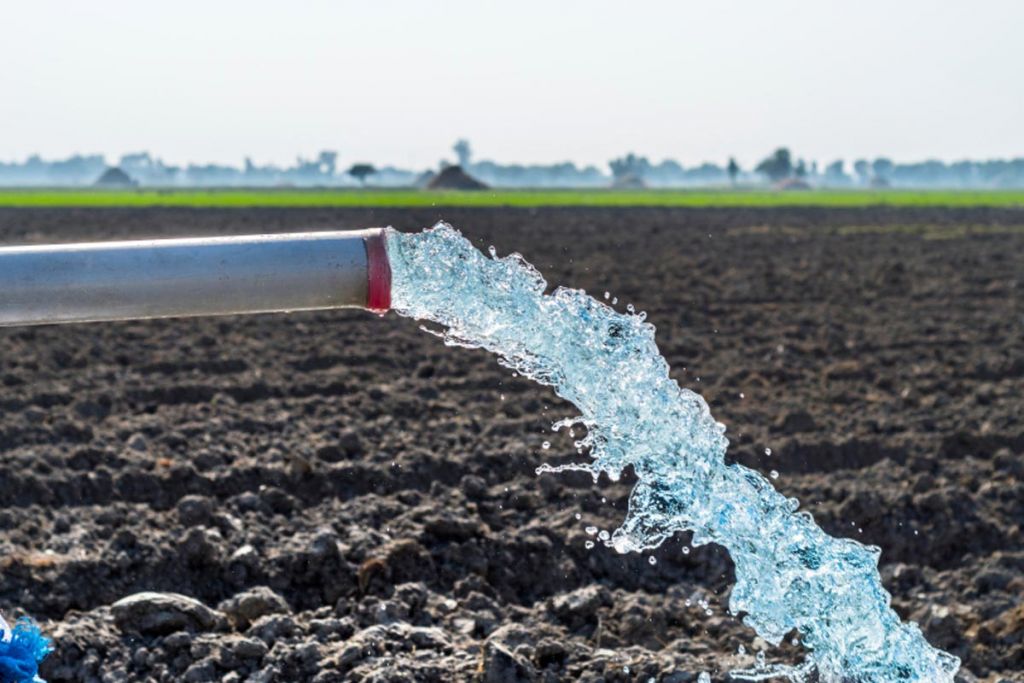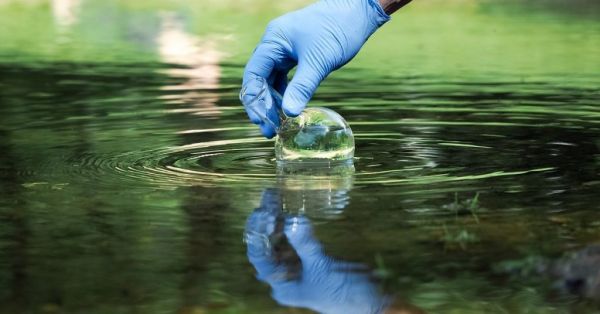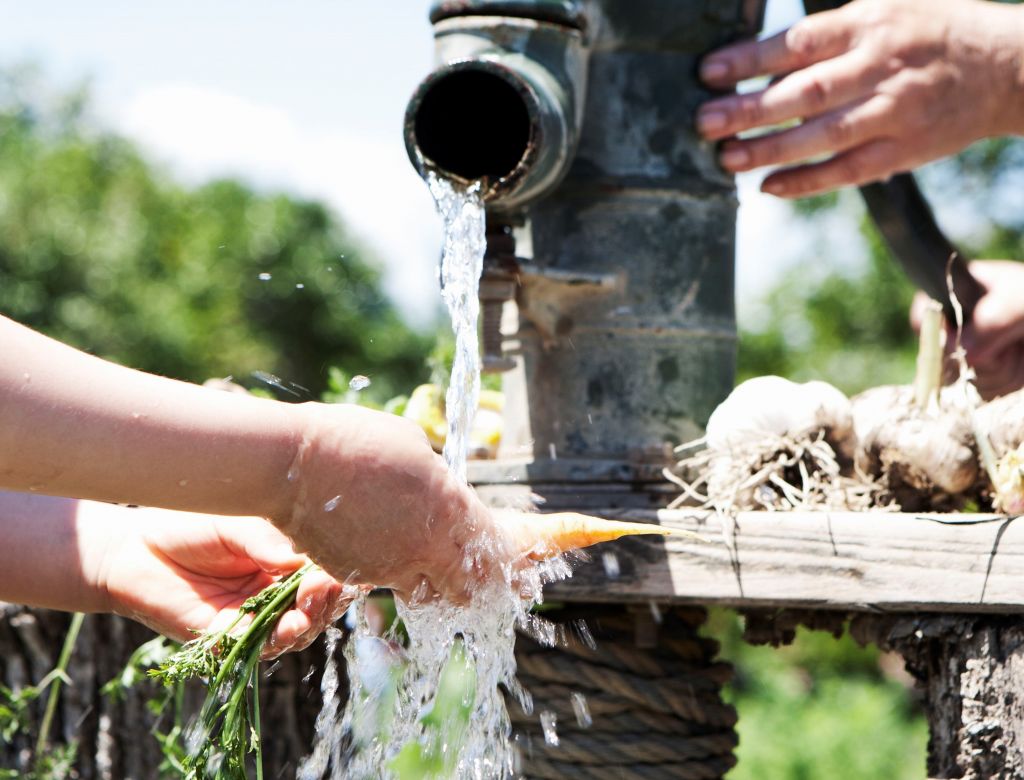What Is Water Bore Drilling?

Before addressing the drilling, let’s look at what is Water Boring. Groundwater can accumulate due to water from rain and rivers down through soil layers and rocks into aquifers. An aquifer is the underground accumulation of water. Boring is when pipes are inserted deep down into the ground to the aquifer, providing direct water access. The water is then sent to the surface to have a variety of uses.
Today’s Water Bore Drilling has to be skillfully planned and developed. The skill and expertise of the drillers are critical if the bore is to be adequately built. For stabilizing the hole and preserving the groundwater conditions, the boreholes are banded with the case pipeline. In location, the case must be screened. Suitable screens are mounted in the bore to stabilize the area from which the water is drawn and allow water to reach the bore. Screens may include a mesh or slotted pipe of stainless steel. Quality building is vital for boring to stop pollutants from entering the bore and the aquifer. Skill is also needed to prevent water from leaking into the floor or other subsurface layers from the bore. All of this is done to avoid undesirable water from mixing with the quality water in the aquifers.
Contaminates in water

Contaminate such as hydrogen sulphide has been found to be in bore water and surface water bodies, typically at low levels, due to bacteria that transform sulphur materials into hydrogen sulphide. In particular, sulphate acid soils that have been disturbed.
There are different types of bores. In deep or confined aquifers, the microbiological quality of water is usually robust. If the bore is adequately built, safe from surface water intrusion, and well maintained, the water quality continues to be good. Although the water in these aquifers can contain high levels of naturally occurring harmful chemicals, its microbiological quality may be sufficient. Since the shallow bores are not covered by dense soil or clay layers, shallow bores as a good source of drinking water are not commonly recommended, particularly in urban areas.
What is Water Bore Drilling Used For?

Water Bore Drilling aims to access water for the purpose of irrigation, water for animals, and washing garments, depending on everyday needs and water quality. The bore groundwater can only be considered safe for use by a specialist laboratory. These specialists must approve it for drinking, cooking, filling pools, or the watering of edible plants such as homegrown vegetables.
Shallow bore water is not recommended for use, particularly in urban areas where water sources are available due to the high risk of chemical or microbial contamination. If there no other option other than water from a shallow bore, testing must be more rigid than deep bore water. Whether shallow or deep water, testing for water purity must be done regularly.
Water Bore Drilling is the solution to groundwater supply problems. Bores are an efficient way to obtain water sources that can help meet water demand in regions with limited supply by tapping into underground resources.
